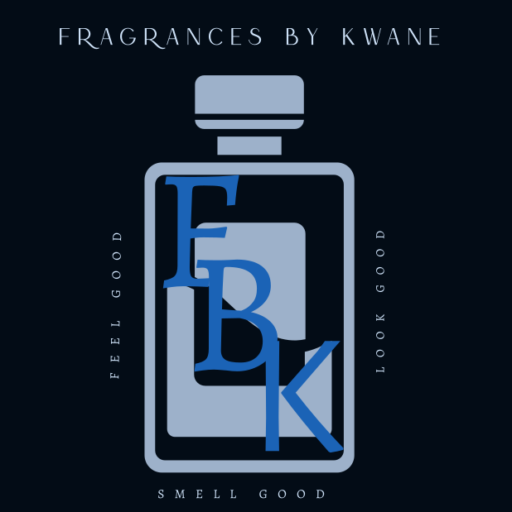Almost everyone uses deodorants and antiperspirants. But seldom do we know what goes in these products and how to do these work on us. Here is a guide to the chemicals that go into deodorants and anti-perspirants, their working and effects on our skin.
Sweating is a natural body process wherein the body maintains normal temperature and health by eliminates toxins and maintaining the salt level balance. Through our skin, we sweat around one or two pints on an average. During exercising, we tend to perspire more where during an adrenaline rush such as worry or fear, we tend to perspire too. Sweat is almost odourless when its fresh, however, as it tends to stay on the skin for longer, it develops a peculiar sweaty odour which can be quite unpleasant. This is due to the bacterial growth in warm areas such as armpits, groyne and the like.
Difference between deodorants and anti-perspirants
Deodorants and antiperspirants are two different products for combatting perspiration. Although many people confuse between the two, both these products work differently.
Deodorants stop the growth of bacteria in your sweat and neutralise it, thereby making you smell good. Antiperspirants, on the other hand, stop the perspiring or sweating process.
While natural smelling herbs and plants were used in the ancient times as perfumes for the body, the deodorants use harsh chemicals nowadays to mask off the bad odour. The stronger the smell, the stronger is the chemical formulation of the deodorant.
Anti-perspirants are based on the notion that if there is no sweat, there will be no odour. Generally made from ingredients such as aluminium chloride, aluminium zirconium trichloro hydrate and aluminium chloralhydrate, antiperspirants tend to block the sweat ducts temporarily with these aluminium salts.
Natural alternative to chemical deodorants
A natural occurring mineral such as Potassium alum is one of the best natural and organic deodorants you can use. Although it does contain some aluminium, its molecules are too large to penetrate the skin pores and thus the ingredient remains on the skin surface. However, it does not block skin pores or cause any skin irritation like other aluminium salts mentioned before. Therefore, it is considered safe for personal use.
Though the ingredient is not a powerful anti-bacterial, potassium alum acts as a coagulant, thus binding to other protein nutrients and reducing the ability of bacteria to grow.
Another natural ingredient that can be used as deodorant is Zinc ricinolate. Extracted from the seeds of castor oil, this ingredient does not block the skin pores and inhibit skin perspiration. It, however, removes the smell produced by bacterial growth by decomposing them so that the odour is not released into the atmosphere.
Source by Ravi Patel



